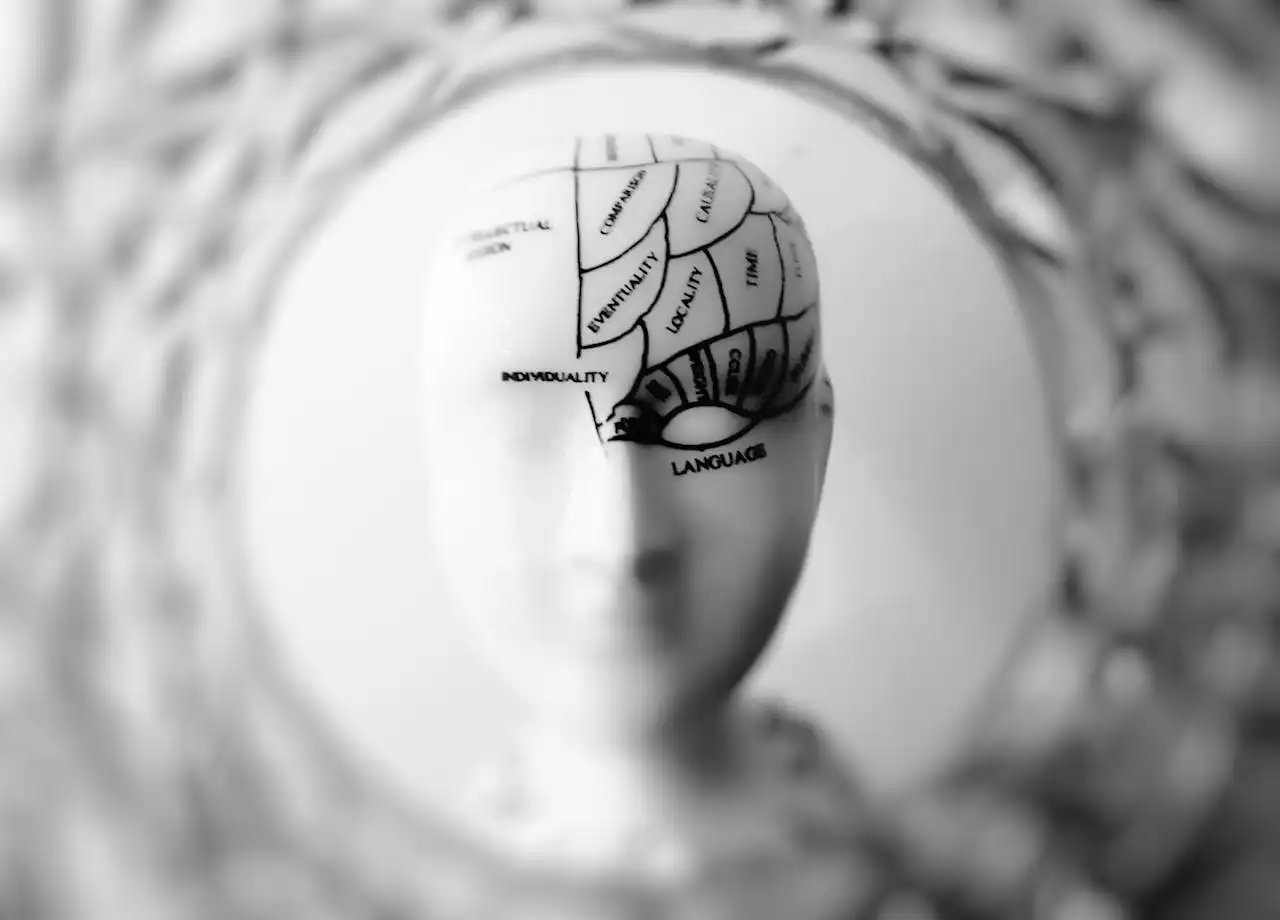Sleep's Secret: Your Brain's Night Crew at Work
Muhe - Saturday, 12 July 2025 | 07:00 PM (WIB)


The Brain's Secret Night Shift: Memory Magic Unleashed
So, what exactly is happening up there while you’re getting your Zs? Picture your brain as a dynamic, ever-evolving library. Throughout your waking hours, you’re constantly taking in new information – facts, faces, feelings, skills, everything. This influx is massive, a firehose of data. If your brain just kept adding new books without ever organizing the shelves or throwing out the outdated ones, it would quickly become an unmanageable mess. That’s where sleep swoops in like a total superhero.Clearing the Clutter: Ditching the Digital Dust
First up on the agenda is the memory clearing process, sometimes called synaptic pruning. Think of it like this: not every single piece of information you encounter during the day is a keeper. You might briefly notice the color of a stranger's shoelaces, or what that obscure banner said on your walk to work. These are often fleeting, less important memories. If your brain tried to hold onto every single bit, it would quickly get overloaded, making it harder to access the truly significant stuff. During sleep, particularly during certain stages, your brain actually weakens the connections (synapses) between neurons that aren’t being used much or aren't associated with important, lasting information. It’s like a digital detox for your grey matter, deleting temporary files and clearing cache. This isn't just about making space; it's also about improving efficiency. By getting rid of the neural noise, your brain can focus better on what truly matters, freeing up cognitive resources for new learning when you wake up. It’s a total game-changer, no joke, allowing your brain to stay nimble and ready for action.Solidifying the Good Stuff: Locking Down What Matters
But wait, there’s more! While some memories are getting the boot, others are getting the VIP treatment. This is where memory consolidation comes into play. You know those 'aha!' moments when something just clicks, or when you suddenly remember a crucial detail? Much of that work might have happened while you were catching those precious winks. During sleep, especially during deep, slow-wave sleep (NREM), your brain actively works to transfer important, recently acquired memories from the hippocampus – often considered the brain’s temporary 'inbox' for new experiences – to more permanent storage sites in the neocortex. Imagine taking important notes from a meeting and then transferring them into a well-organized, long-term filing system. This process strengthens the neural pathways associated with these memories, making them more stable, resilient, and easier to recall later. This isn't just about facts and figures; it's about skills, emotional experiences, and even creative insights.The Dance of Sleep Stages: Each Has Its Own Superpower
It's not just one big sleep party; different stages play distinct roles. Non-Rapid Eye Movement (NREM) sleep, particularly its deepest phases, is a powerhouse for consolidating declarative memories – think facts, figures, and personal events. This is when your brain is literally replaying and rehearsing these new memories at an accelerated pace, cementing them into your long-term memory banks. Then there’s REM sleep, the stage where dreams often run wild. REM is crucial for processing emotional memories, refining motor skills, and even fostering creativity. Ever wake up with a brilliant idea or a solution to a problem that was bugging you? Thank your REM sleep, which helps in making novel connections and restructuring information.The Real-World Impact: More Than Just Feeling Refreshed
So, why should you care that your brain is doing all this heavy lifting at night? Because it profoundly impacts your waking life. Better sleep means better learning, improved problem-solving skills, enhanced creativity, and sharper decision-making. If you’re trying to learn a new language, master a musical instrument, or ace that big presentation, quality sleep isn’t just recommended; it’s non-negotiable. It helps you manage your emotions better too – a well-rested brain is less prone to anxiety and irritability. Basically, it makes you a more effective, more resilient, and generally happier human being.What Happens When We Skimp? Not a Flex, Folks
Now, let's talk about the flip side. What happens when you consistently shortchange your sleep? It’s not just about feeling groggy and needing an extra coffee. When you skimp on sleep, you’re essentially sabotaging your brain’s critical night shift. Memory clearing gets neglected, leading to a mental clutter that makes it harder to focus and process new information. Memory consolidation suffers, meaning those important new learnings and experiences don't get properly filed away, leading to forgetfulness and a feeling of 'brain fog.' Your cognitive performance dips, your emotional regulation goes haywire, and your overall mental agility takes a serious hit. It's truly not a flex to brag about how little sleep you get; it’s actually detrimental to your long-term cognitive health. So, next time you're debating whether to scroll endlessly through social media or hit the hay an hour earlier, remember what's at stake. Giving your brain the adequate, consistent sleep it needs isn't a luxury; it's an essential investment in your mental sharpness, emotional well-being, and overall cognitive health. It’s literally the secret sauce for a sharper, more efficient, and happier you. So go ahead, embrace the power of sleep – your brain will totally thank you for it!
How to Relax Your Mind During the Weekend
6 months ago

ChatGPT's Compassionate Turn: How AI Is Learning to Handle Mental Health Crises Better
6 months ago

Coffee vs. Tea: The Morning Brew Showdown That's More Than Just a Cuppa
6 months ago

Cracking the Code: Your Guide to Taming Those Beastly Migraines
6 months ago

Fuel Your Supercomputer: Five Foods That Will Level Up Your Brainpower
6 months ago

Unlocking Your Inner Shield: Five Veggies That Are Basically Superheroes for Your Immune System
6 months ago

Your Secret Weapon for Weight Loss? It's As Simple As Putting One Foot in Front of the Other
6 months ago

Forever Young: The Secret to a Glowing, Timeless Life
6 months ago

Your Gut Feeling is Right: How to Feed Your Inner Universe for a Happier, Healthier You
6 months ago

Navigating Your Daily Grind: When Does Your Coffee Habit Cross the Line?
6 months ago
